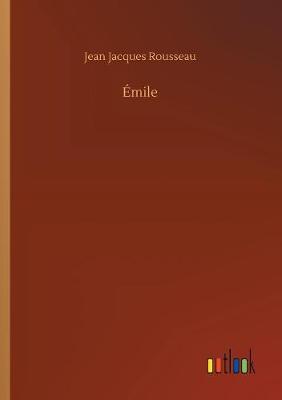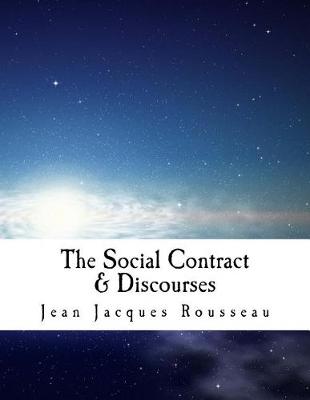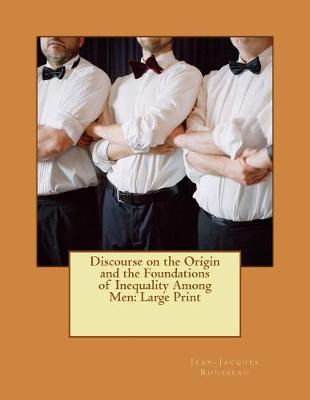Jean-Jacques Rousseau
3 total works
In the 200 years since its publication in 1762, Rousseau's Emile has been the subject of endless controversy. The work was ordered burned in Paris and Geneva within weeks of its appearance; yet it was read passionately throughout Europe. Goethe called it 'the teacher's gospel, ' while Kant maintained that no book had ever moved him so deeply. . . . Within this context it is well, perhaps to note a judgment Professor Boyd himself rendered a half-century ago at the beginning of a long and distinguished career in the field of education. 'I believe . . . that the Emile with all its faults is the most profound modern discussion of the fundamentals of education, the only modern work of the kind worthy to be put alongside the Republic of Plato.' . . . I know of no better definition of a classic."
--From the Foreword by Lawrence A. Cremin
Holding men in wretched subservience, feudalism-alongside religion-was a powerful force in the eighteenth century. Self-serving monarchic social systems, which collectively reduced common people to servitude, were now attacked by Enlightenment philosophers, of whom Rouseau was a leading light.
His masterpiece, The Social Contract, profoundly influenced the subsequent development of society and remains provocative in a modern age of continuing widespread vested interest.
This is the most comprehensive paperback edition available, with introduction, notes, index and chronology of Rousseau's life and times.


